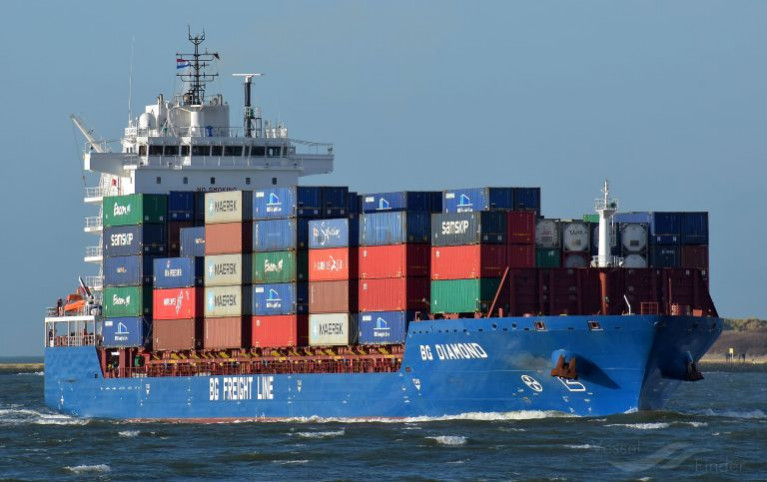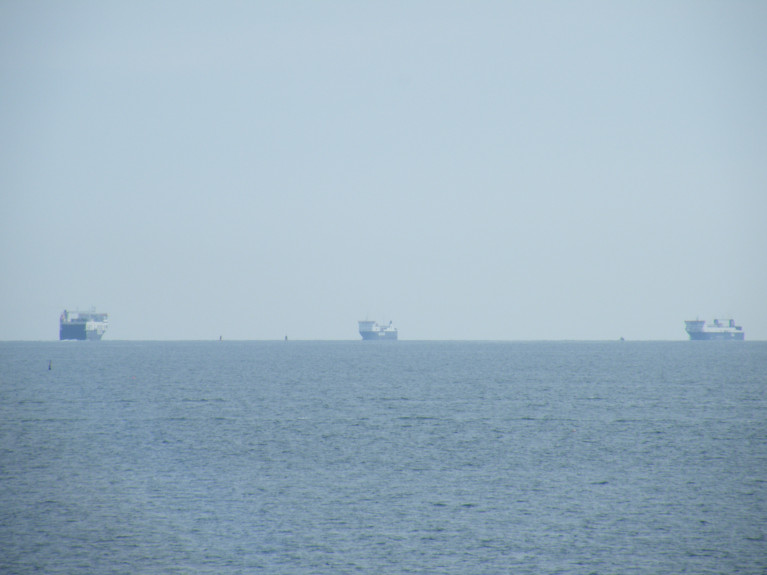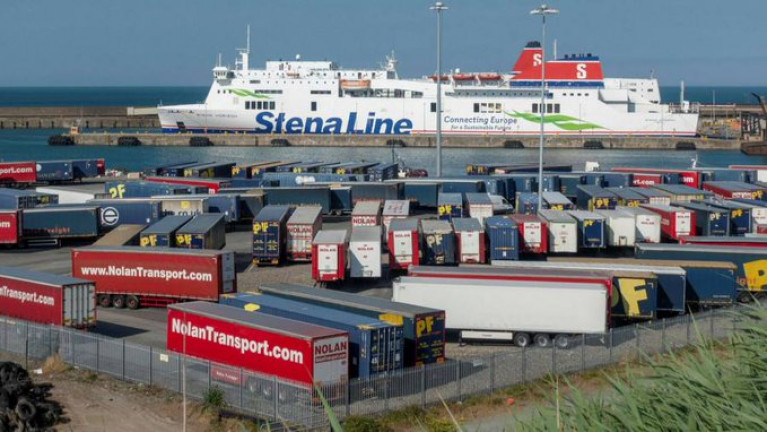Displaying items by tag: Brexit Red Tape
Brexit's Red Tape to Fully Impact Hitting Irish Food Exports in the New Year
At the Department of Agriculture, planning for export health certificates is to more than quadruple to 310,000 next year when Britain’s post-Brexit checks on Irish agrifood exports start.
The vast volume of red tape is being introduced on border controls covering about €5 billion worth of Irish meat, dairy and agricultural produce exports for the first time as Irish exporters feel the bureaucratic impact of the UK’s departure from the EU for the first time since Brexit.
EU checks on imports from Britain began on Irish ports in January 2021, when Brexit came into effect, but the UK will only start checks on imports of products from the EU on January 1st.
British checks on goods from the island of Ireland have been delayed temporarily, “until further notice”, pending the outcome of EU-UK talks over the Northern Ireland protocol, the post-Brexit trading rules applying to the North, but checks are still expected to come into force next year.
The Irish Times has more on the story.
Businesses Report Delays in Supply Chains Ahead of Expected Rise in Brexit Red Tape
According to a survey, almost four in 10 Irish businesses are reporting delays to their supply chain as a consequence of Brexit.
As The Irish Times writes, a substantial proportion of businesses have changed their export strategies ahead of an expected swelling of Brexit red tape over the next year.
The UK’s departure from the EU is already having a substantial impact on Irish businesses, according to professional services firm Grant Thornton, triggering concern that lead times will deteriorate further as a string of new border requirements are introduced from October onwards.
Some 37 per cent of the companies surveyed for Grant Thornton Ireland’s International Business Report indicated they were experiencing longer lead times in their supply chains, with 22 per cent needing to recruit alternative global suppliers and 21 per cent saying they had recruited alternative suppliers within Ireland.
Almost a fifth – 17 per cent – said they had outsourced or recruited people to deal with the additional bureaucracy, and 51 per cent identified Brexit red tape and regulations as a constraint to the growth of their company.
“It is likely going to get worse in the next 12 months, as the UK has been employing a light touch up to now,” said Jarlath O’Keefe, Grant Thornton Ireland’s head of indirect taxes.
Further reading on this story here.
Concerns from Exporters Ahead of New Brexit Regulations
There have been concerns expressed about the state of readiness among Ireland's exporters for the next batch of post-Brexit regulations which are due to come into effect in October.
At the moment, products coming from the UK, which is now a non-EU country, can be subject to customs and other checks when they arrive into Irish ports.
From 1 October, the process will also apply for goods going in the other direction.
The new checks will relate to any produce which is of animal origin and will mean that exports will need to have export health certificates before entering the UK.
The Minister for Agriculture, Food and Marine Charlie McConalogue has encouraged producers and exporters to do all they can to get ready for the new regime.
However, some in the sector are worried that the new UK certification system and inspections will lead to delays and extra costs.
Kieran Tracey of Nolan Transport, now one of Europe’s biggest transport companies, with food and other agricultural products accounting for a large percentage of its transit business, said there needs to be more "conjoined thinking" between the different Irish State agencies involved in checking exports.
The opening weeks of the post-Brexit era saw delays for haulage companies as they dealt with the new round of paperwork and checks, he said, and more headaches could be looming.
More can be read from RTE News here.































































